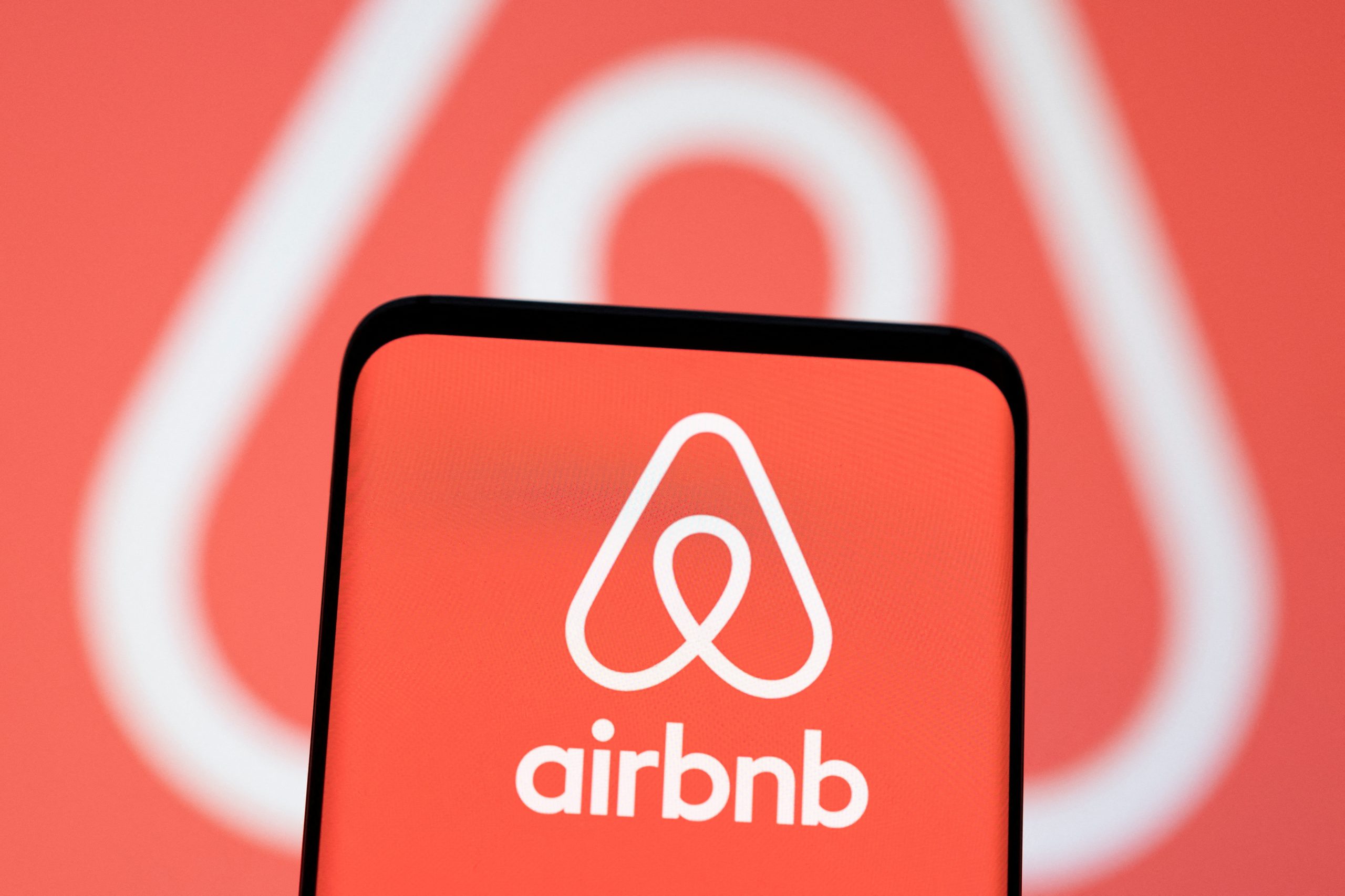Introduction:

When it comes to budget travel, accommodation expenses often play a significant role in shaping the overall cost of a trip. In recent years, the emergence of Airbnb has revolutionized the lodging industry, offering an alternative to traditional hotels. This article aims to shed light on the economic pros and cons of staying in Airbnbs versus hotels, helping budget travelers make informed decisions.
Affordability: Comparing Costs
Airbnbs: One of the primary reasons travelers opt for Airbnbs is their potential for cost savings. Airbnb listings often provide more affordable options compared to hotels, especially in popular tourist destinations. Additionally, travelers can find entire homes or apartments on Airbnb, allowing them to split the cost with fellow travelers, further reducing individual expenses.
Hotels: While hotels may seem pricier than Airbnbs at first glance, they often come with added benefits and amenities. Some hotels include complimentary breakfast, access to fitness centers, pools, and other recreational facilities, which can contribute to overall value for money. Moreover, hotels frequently offer loyalty programs that can result in future discounts and perks.
Flexibility and Convenience: Balancing Needs
Airbnbs:

Airbnbs offer a unique level of flexibility and convenience, particularly for travelers who prefer a more personalized experience. Renting an entire home or apartment through Airbnb provides a sense of privacy and independence, with the freedom to cook meals, do laundry, and unwind in a homely environment. Furthermore, Airbnb’s wide range of properties allows travelers to choose locations that suit their preferences, whether it’s a bustling city center or a serene countryside.
Hotels:
Hotels, on the other hand, offer a host of conveniences that cater to the needs of travelers. Services such as daily housekeeping, concierge assistance, and 24-hour reception can be invaluable for those seeking a hassle-free stay. Hotels also provide the comfort of knowing that professional staff are available to address any concerns or provide recommendations, enhancing the overall peace of mind.
Local Experience: Immersion vs. Standardization
Airbnbs:
Staying in an Airbnb can provide a more authentic local experience, allowing travelers to immerse themselves in the culture and lifestyle of the destination. Hosts often provide valuable insights and recommendations, sharing insider knowledge about the best local attractions, restaurants, and hidden gems. This personalized touch can contribute to a more enriching travel experience.
Hotels:
Hotels, particularly chain establishments, tend to offer a consistent experience across different locations. While this standardization may be perceived as lacking local flavor, it provides a sense of familiarity and predictability, which can be comforting for some travelers. Additionally, hotels are often centrally located, providing easy access to major tourist sites and transportation hubs.
Conclusion:

When it comes to choosing between Airbnbs and hotels, budget travelers must consider their priorities and preferences. While Airbnbs can offer cost savings, flexibility, and a local experience, hotels provide added conveniences, consistency, and peace of mind. Ultimately, the decision should be based on individual needs, the specific destination, and the desired travel experience. By weighing the economic pros and cons outlined in this article, budget travelers can make informed choices that optimize both their budget and comfort.




